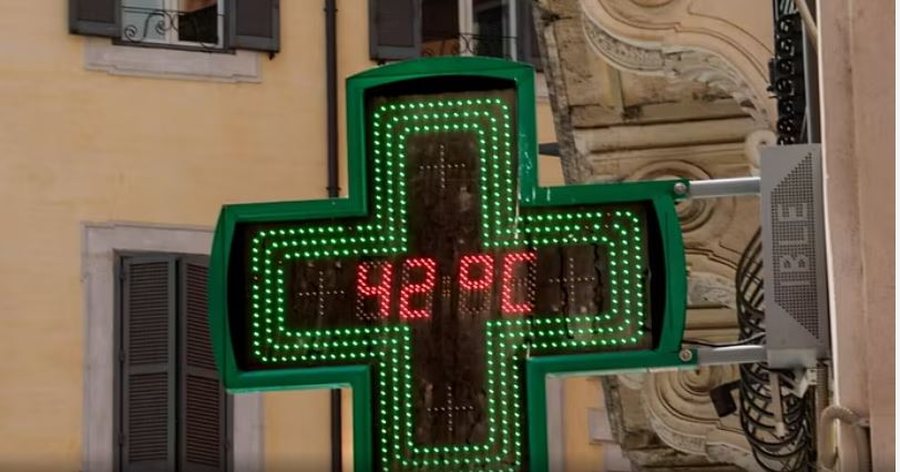
A 35-year-old man died this afternoon in Italy due to the heat. Italian media reports that the 35-year-old was in the car with his three-year-old daughter, waiting for his wife, who was leaving work at a local hotel. The tragedy occurred in Otranto on a scorching day while the vehicle was parked in a sunny area and, according to investigations, the extreme heat may have caused a heart attack, reports A2 CNN.
When the woman arrived, she found her husband unconscious. Attempts to revive him were unsuccessful. The victim was originally from Sierra Leone. The Carabinieri also responded to the scene. This case brings the number of heat-related deaths in Salento to six in just two days, five of them in just 24 hours.
The death of the 35-year-old from Sierra Leone is part of an increasingly worrying situation, as authorities investigate whether the deaths are directly linked to the extreme heat.
Salento has been under siege for days by an African heatwave that has caused temperatures to soar well above 40 degrees Celsius. According to data from the Italian Air Force, temperatures of up to 45°C have been recorded in some areas around Lecce. The cities of Lecce and Foggia have been classified with a red flag by the Ministry of Health for days. The emergency does not only affect the most vulnerable: even healthy individuals are at risk of heatstroke, dehydration and sudden illnesses. The emergency number 118 is receiving an increasing number of calls regarding fainting and heart problems, writes A2 CNN.
Temperatures above 40 degrees are forecast for the coming days throughout the province of Lecce, with peaks expected over the weekend. The hardest-hit areas remain the inland areas of Salento and the Ionian coast, where humidity contributes to the increased perception of heat. The Civil Protection Department is urging the public to avoid midday travel and monitor for signs of heatstroke.
Health authorities recommend precautions to limit the risks associated with high temperatures. It is essential to stay hydrated frequently, avoid direct exposure to the sun between 11:00 and 17:00, wear light clothing that allows air to breathe, and never leave people or animals in a car, even for a few minutes. In particular, the interior of a car can reach lethal temperatures very quickly. For those with chronic illnesses or taking medications, it is important to monitor their health and contact a doctor if they experience unusual symptoms such as dizziness, nausea, or tachycardia. (A2 Televizion)











